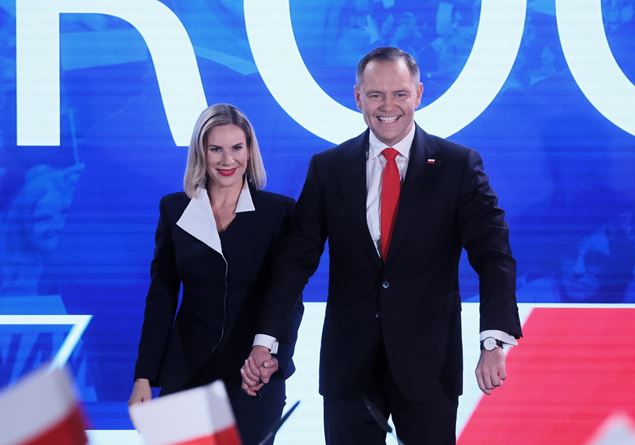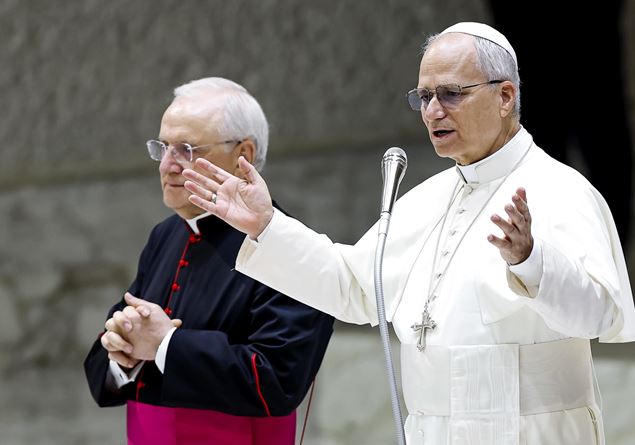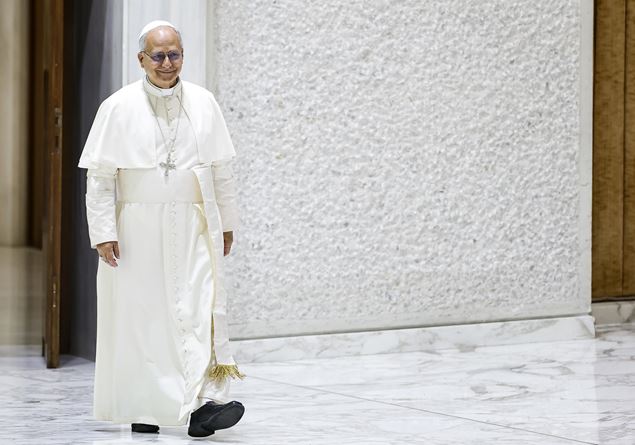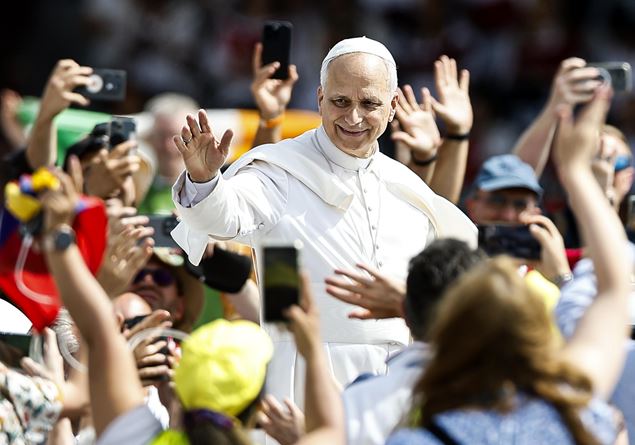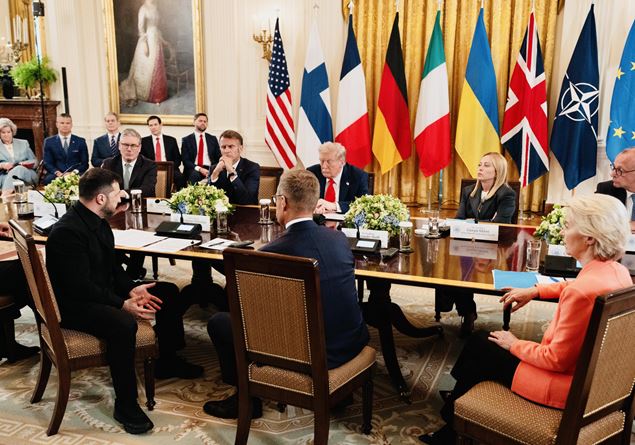by Lorenzo Rossi
Warsaw is again the epicenter of a geopolitical earthquake. Karol Nawrocki’s election to the presidency of the Republic is not just a change of guard at the top of the state. It is the unequivocal signal that Eastern Europe continues to be the most restless political laboratory of the old continent. Nawrocki, a hard conservative, declared sovereignist, supporter of the axis with Washington in a Trumpian key, won. And his victory risks redesigning the map of power in Poland well before 2027, when the next legislative elections are planned (but it is not said that we arrive in the early elections). Donald Tusk, the man who had made Poland a champion of Europeanism, is on the verge of collapse. His government coalition, the same one that had returned confidence in Brussels, shows the first deep cracks. Tusk will ask for a vote of trust on June 11, but the word “implosion” is now on the mouth of all analysts. On Monday evening he announced his will to “remain”. His words sound more as a desperate defense than as a political project.
Meanwhile, Nawrocki is silent. But silence is strategy. Its entourage prepares the ground for a paradigm change. As the polytologist Robert Alberski explained, “his goal is to dismantle the current majority and bring the country to new elections in 2026”. It is not necessary to wait for mid -August, when it will formally enter office: the process is already underway. The discontent also ferments within the files of the majority. Magdalena Biejat, vice -president of the Senate and voice of the left, launched her warning: “The result is a red card for a government that has betrayed promises on work and rights”. The fracture between the progressive souls of the coalition and the centrist wing of Tusk is now incurable.
Around the corner, the spectrum of an alliance between the Pis of Jaroslaw Kaczynski and the extreme right of the Slawomir Mentzen Confederation takes shape. Kaczynski, veteran of post-communist politics, dreams of a “technical and apolitical government”-which, translated, means: a government controlled by its men, without the size of mediation. It is the ancient trick of Polish power: to disguise authoritarianism as administrative rationality. It is no coincidence that many observers evoke the “Orbán model” with growing insistence. As in Hungary, even in Poland nationalism feeds frustration for a distant, moralist, hypocritical Europe. The promises of reform of justice, of defense of the rule of law, full alignment with Brussels, now seem to vanish like snow in the sun. The Europeanist enthusiasm of the post -war war in Ukraine fools in front of a nationalism that has proven to be, once again, winning in the polls. And the support for Kiev will be one of the test desks of the new Polish order. With Nawrocki to the Quirinale of Warsaw and the Pis ready to return from the window, the foreign policy of Poland could be transformed. No longer anti -rough hawk at all costs, but a country pointed between Trumpian Atlanticism and identity populism.





